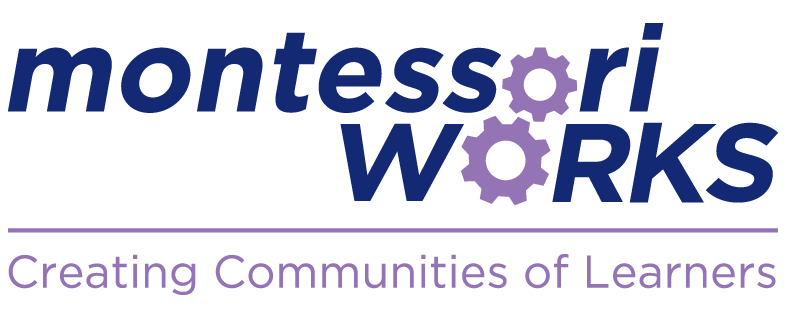Montessori Schools have been providing education to children across the world for over 100 years. Currently, there are more than 20,000 Montessori schools worldwide. Public Montessori education is increasingly common, with 500 public schools in the United States, including district, charter, and magnet schools. The time-tested approach is based on a deep understanding of human development and how schools can support that development. Montessori classrooms are designed to stimulate the cognitive, social, and emotional development of children by preparing the classroom environment and to align to each stage from birth through adolescence, with teachers prepared to nurture children at each step of their development.
In elementary Montessori schools, children conduct independent research, explore the community around the school, and create group presentations, art exhibits, musical productions and science projects. Children receive small-group lessons tailored to their development in reading, writing and mathematics as well as to their interests. The design of activities maximizes the time that students are engaged, and children enjoy their work and study.
